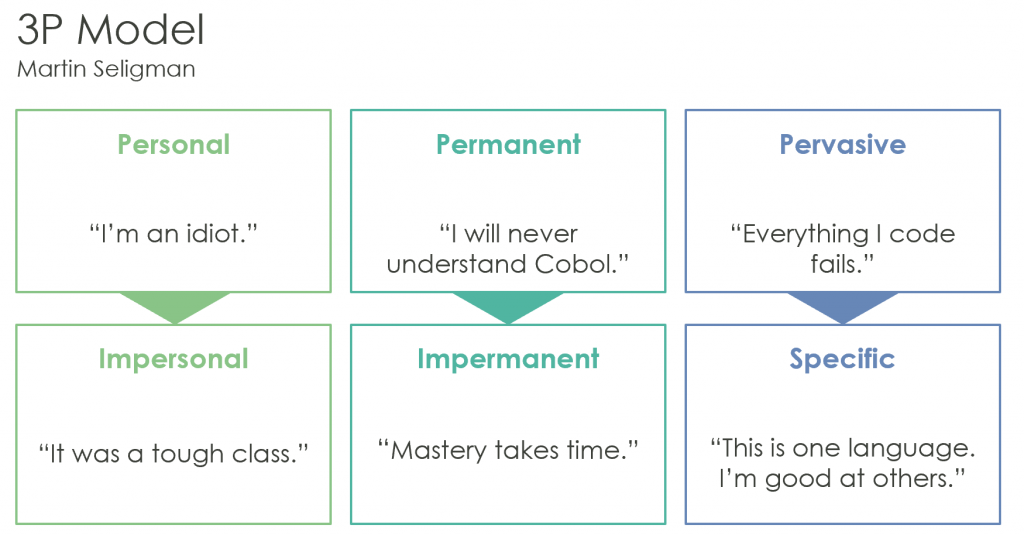
Hacking Human Biology to Improve Performance
According to the Harvard Business Review (1), employee productivity in most organizations dropped by at least three to six percent during the COVID-19 pandemic. Leaders have a particular challenge, balancing employee output with supporting them through today’s very real issues. But there are hacks we can use to help our people be more resilient, all based on our biology.
The Problem
It’s hard for our brains to process stress and think strategically at the same time. (2) When we see or hear something, our brains try to make sense out of it and determine a response. If we perceive a threat, our amygdala gets involved. You might know the amygdala from its biggest hit: Fight or Flight. If the threat seems strong, the amygdala might react quickly at the expense of the frontal lobes, which are trying to make sense of everything and compose a rational response.
Stress impacts our capacity to perform. Stress physically changes our brains. (3) It steeps our brains in hormones that change its physical structure: neuro-processors get shorter and the prefrontal cortex gets smaller.
These physical changes impact everything. Science writer Virginia Hughes elegantly explains this relationship in Nature. In Stress: the roots of resilience, (4) she writes that those with PTSD have an underactive prefrontal cortex and an overactive amygdala, and that resilience depends on the communication between the two.
But we are built to bounce forward.
Researchers took MRI’s of the brains of stressed students, and observed physical damage. Then, they measured those brains after one week of vacation, and found their neuro-processors and damaged dendrites had regrown. But here’s the interesting part: they did not end up just as they were before. The repairs suggest that the brain increases capacity to address future stress.
So our teams are under unusual stress, which diminishes performance, but they have the capacity to be resilient. How can we promote this resilience?
The Leaders’ Role
We can do two things to promote resilience: 1) give the team agency, and 2) give the experience meaning.
Agency matters.
Agency is the sense that person can impact an outcome. People with active control over their experience are resilient—they feel stronger and more resistant to challenges. Here are three ways to create agency.
- Engineer progress. It is imperative to give people simple tasks that show progress. Focus on a simple, observable activity that produces an outcome—not on the ultimate results themselves. It’s like the doctor pushing us to stand soon after surgery. She doesn’t say, “Heal!” she says, “Stand!” Because standing will get us walking, and walking will return us to full health.
For example, if we know that sales come from relationships, focus the team on contacting one client a day. That’s it. Then celebrate the completion of that step. It’s something they can control—it’s achievable and they can report success. Over time, the constancy of those moments will create results that matter. As Robert Louis Stevenson wrote, “Don’t judge each day by the harvest we reap but by the seeds that we plant.”
- Play the part. The physical and psychological are intertwined. Alison Wood Brooks, (5) at Harvard, studied reactions to certain types of fear, like stage fright or falling. She found that the sensation of fear and excitement are closely related. When she asked her subjects to say out loud, “I’m excited!” or “Get excited!” before a scary event, they reduced their anxiety.
Actors have known this trick for a long time. If we act happy—if our body language is open and we smile—we can actually produce that emotion. During COVID-19, a good number of us have been acting sad—withdrawing from friends, not dressing, and staying home. Small wonder depression has risen during COVID.
What can we do? We can model a bright mood and dress like we care. It might seem superficial, but the mirror neurons on our colleagues’ brains will encourage them to catch the positive emotion.
- Create fresh starts. It’s hard to move forward or express positive emotions in the face of daunting obstacles, like a global pandemic and lockdown. One way to clear those hurdles is a reset. Daniel Pink, author of When: The Scientific Secrets of Perfect Timing, (6) tells us we have a wellspring of opportunities for resets. Look at the calendar for the start of the next year, quarter, month, week, or even the next new day. Look for holidays, birthdays, new team members, anniversaries of shared success. And we can manufacture resets, too—this is one reason software development sprints work—a long project becomes a series of kick-offs and accomplishments.
As leaders, we can create agency to promote resilience. We can give people active roles in a change, including choices and options. We can also engineer events that promote the expression of positive emotions and the feelings that come with fresh starts.
Meaning matters.
How we interpret stimuli determines our responses. We act based on the stories we tell ourselves. For example:

Is this picture good or bad? It depends.
Is this picture good or bad? If you’re a dog person you might think this dog is playing. If you’re not, you might think the dog is vicious. We filter information through our own lens, and construct stories about the world.
Martin Siegelman is the University of Pennsylvania psychologist who gave us the idea of learned helplessness. He describes this process of interpretation in his 3P model. (7) He says that, when we encounter an experience, we might define it as personal, , and pervasive. For example, let’s say we’re struggling with an assignment in a computer science course. The table below are the alternative interpretations, according to Siegelman’s model.

As we can see, a negative event seen through the three Ps is potentially harmful to a person’s self-image and ability to perform. But reframing the experience to show that it’s impersonal, impermanent and specific is compassionate and can help people bounce back.
As leaders, we provide the context. We don’t need to twist a bad experience into a good one—we can simply acknowledge it. Then, depending on the event, we decide whether to reframe it. Some bad things are so horrible, we should just affirm people’s feelings and be with them. But for your average, everyday failures: reframe it.
Take it out of that personal / permanent / pervasive space.
Retell the story as a bad experience with a finite context that doesn’t confer blame or foretell the future. Give the experience meaning.
Conclusion
In business, we can tend to focus on intellect and will. Old school, Type A winners flourish on vending machine food, florescent light, and four hours of sleep, right? To fix performance issues, we have told our employees (and ourselves) to power through. So it’s inconvenient to acknowledge that we, and our teams, are basically animals with a strong connection between what we experience, how our bodies respond, and how we create organizational results.
Today, we have the knowledge and tools to do something about it—to foster resilience and high performance. It’s a strategy not only for these tough times, but for sustained success.
References:
- https://hbr.org/2020/12/the-pandemic-is-widening-a-corporate-productivity-gap
- https://www.researchgate.net/publication/228115061_Stress-induced_changes_in_human_decision-making_are_reversible
- Recognizing resilience: Learning from the effects of stress on the brain – ScienceDirect
- Stress: The roots of resilience : Nature News & Comment
- Get Excited: Reappraising Pre-Performance Anxiety as Excitement – Article – Faculty & Research – Harvard Business School (hbs.edu)
- When: The Scientific Secrets of Perfect Timing
- Martin Siegelman’s Positive Psychology




